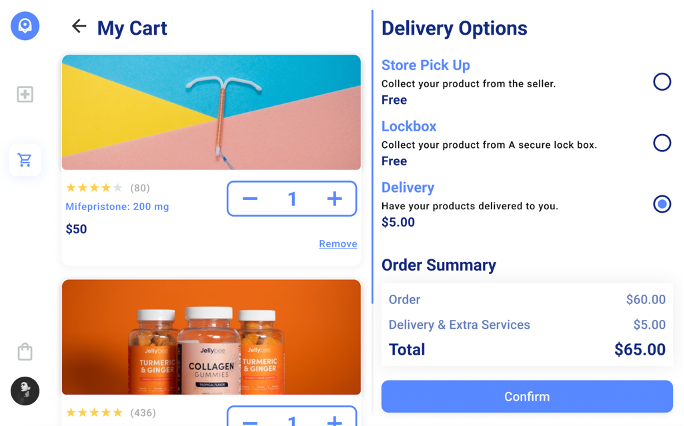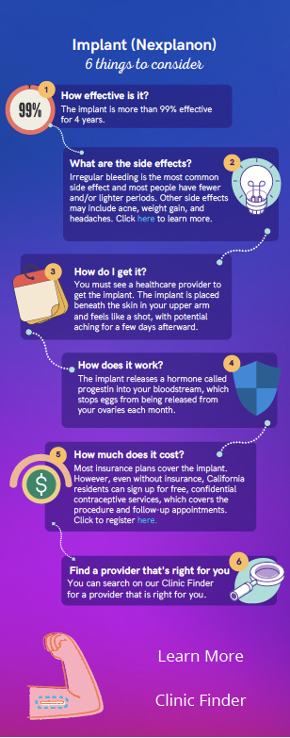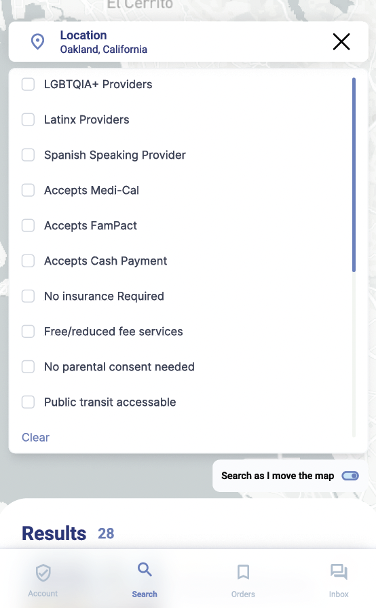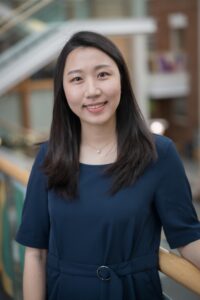When I first started my MPH, I was excited by the opportunity to work globally. As a service-oriented person, I wanted to be a changemaker in tackling the world’s biggest problems. My solution, of course, was to go work abroad. In the U.S., these global problems – poverty, gender inequality, food insecurity, etc. – are commonly thought to exist outside our borders. Of course, it takes someone with a fairly big ego to believe that they have the capability to take on the “world’s biggest problems.” And sometimes that ego makes me think I understand more than I do, keeping me from questioning our vantage point.
Throughout the program here at Gillings, I was forced to challenge my goals. One of the most convicting moments came when we were assigned to look at another country’s healthcare system and compare it to the U.S. My team was assigned India. While we were reporting out, we noted the significantly higher out-of-pocket health expenditure (72.4% of total health expenditure in comparison to 17.2% in the US). Another student in the classroom, who is actually from India, jumped in to add that this is because people can see a doctor for a fairly small fee. Many prefer to do that rather than see one of the publicly funded doctors for a variety of reasons. I was reminded then that, while I can read hundreds of research article published on a particular country, the academic knowledge cannot replace the experiential understanding that comes with living in and being from that country.
My summer practicum with RADS helped me further question my role in global health. RADS is a group that uses data-driven research to advocate for improvements to healthcare services in Pakistan. At the beginning of the summer, they asked me to develop a research question surrounding contraceptive use among Pakistani women. I was honestly really surprised that they trusted me enough to ask the right kind of question given that I have never been to Pakistan, let alone spoken to a Pakistani woman about her contraceptive use.
My initial research question (on whether lack of access to family planning was correlated with food insecurity) turned out not to be very fruitful, as we did not have a large enough population within the food insecurity categories. I then turned to examining family planning in relation to household economics and women’s income. In the end, the data analysis turned out to be insignificant when controlling for occupation. I must admit, it was pretty upsetting to spend so much time looking at the data for things to have turned up inconclusive. My preceptor helped me shift course by instead spending my time producing policy briefs on research they had already done, but I still felt like my practicum had failed in some way.
As I struggled through my practicum, I also had a summer GRA position with a doctor here at UNC. Dr. Shoenbill is an internal medicine doctor and was recently named Director of the UNC Tobacco Treatment and Weight Management Program. I worked on a project with the Weight Management Program, specifically looking at weight bias and weight stigma in the healthcare field. I have felt so much more confident in my ability to contribute to this research, not because I have any prior knowledge in the subject, but because this is a healthcare system of which I have been a patient myself. It was another piece of evidence that, while my many years as a U.S. citizen may not have necessarily prepared me for global health work, perhaps it has prepared me for something else.
While I was working on my summer research on family planning in Pakistan, the U.S. Supreme Court overturned Roe v. Wade, which guarantees a woman’s right to an abortion in every state. As a strong Christian, I recognize that abortion is an incredibly complex issue. But one thing I know is that this ruling will hurt people. Family planning means so much more than just contraceptive use. Abortion is one tool in the toolkit of allowing women the freedom to plan the families they desire and that freedom is invaluable.
I hope that women in Pakistan can get the contraceptives they need. I also hope that women in the U.S. can get the healthcare that they need. The question I must ask myself as I continue my public health work is where I am most likely to make an impact.
In the past several months, I have also realized something that makes me uniquely qualified to work in the U.S. And that is that I love this country. For all its challenges, I have a humble love and deep adoration for the place that I call home. My immigrant parents made it a refuge from the dictatorship they wanted to escape and it is against that backdrop that I often view the U.S.. And while I certainly appreciate the world beyond the U.S., no place will have the special resonance that my country does. I have lived in four different states and each of them has taught me something. It is these lessons, and the continual experience of being an American, that I will bring with me to my health policy work.
The photo below is me on the first day of my MPH. I am excited to take another in just a couple weeks as I begin year two. This semester, I plan to make some shifts in my approach. I am taking an elective in the Public Policy department at UNC. The course is designed to help students understand “the theories that explain the politics (who gets what, when and how) that result in the public policy we see at the local, state and national level in the U.S.” I am excited to begin thinking more about healthcare in the U.S., about what our challenges are, and how I can best serve the place I call home.

I am grateful to be at a place like UNC where I believe the right opportunities will present themselves. Thank you also to my preceptor, Muhammad Ibrahim, at RADS, and to Dr. Shoenbill for a great summer. Thank you to Ian Dale and Bridger Trap for helping me question my understanding of this field. And thank you to my roommates Andi and Kate, and to my church community at Love Chapel Hill for the continual support throughout grad school.
Ana




